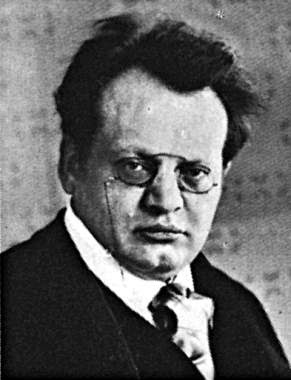
Today being the Feast of Stephen it is traditional that we listen to this.
Sorry, I could not help that!
St. Stephen was the first martyr and he was stoned to death. That is a picture above of the event, painted by Annibale Carracci in 1603-1604. Because he was stoned, St. Stephen is the patron saint of stonemasons.
There is the famous St. Stephen's Cathedral in Vienna.

Mozart and his wife, Constanze, got married there and toward the end of his life he was the organist there. When I visited Vienna I grew emotional seeing this big, dark, age-old church. Fanning out from the church were all the narrow streets I had read about in books about Mozart's later years. It was so strange to see the building where he had been living where he died. And you could see the street where his in-laws lived.
Here is a video of St. Stephen's Cathedral where you can hear the bells of the beautiful old church and then glimpse part of a performance of Mozart's Requiem given there on the 200th anniversary of his death. On that same night in Buffalo they performed Mozart's Requiem in St. Joseph's University Church. I remember because I was there. But this is the greatest thing: In Buffalo it was an actual Requiem Mass said for Mozart's soul. I am not sure if that was true in Vienna, in St. Stephen's Cathedral. I hope that it was.
The Mass at St. Joseph's University Church was in Latin but I was not into the Latin Mass back then so I do not remember much about that. What I remember was how dreamlike the night was. I went by myself and did not tell anyone. I was secretive about it because I had called in sick to work in order to be able to go.
Then I got there and I was astonished to see this huge crowd. My parents were there! Looking back I think it was because the Mass was in Latin and my father loved the Latin Mass and never got a chance to attend one. In the vestibule I ran into my Aunt Marie, too. She said, "Your Uncle Joseph is out parking the car."
How wild, practically my whole family was there! Not only that but the huge crowd was surprisingly diverse. Probably the crowd was mostly white and Catholic but there were also Jews, Indians in turbans, Rastafarians in dreadlocks. People were crammed into the aisles standing and some people cried.
Buffalo! We are over the top with everything!
In Vienna at St. Stephen's Cathedral they had Arleen Auger and Cecilia Bartoli but they did not have what we had, I will tell you that.
All this reminiscing about the night of Dec. 5, 1991, all because today is the feast of St. Stephen. Everyone knows that because of the famous carol "Good King Wenceslas" and its first line, "Good King Wenceslaus looked out, on the Feast of Stephen."
Wenceslas was the patron saint of Bohemia and he was martyred, murdered by his brother Bohuslav. I had not known that! These saints and their violent deaths!
This folkie neo-medieval version of the song has great graphics.
Here is a spirited take by the Irish Rovers. Loreena McKennitt does it well too on her album "The Winter Garden." What a sweet old melody this carol is. I can see how no one can resist it. And it cries out for that medieval treatment.
Page and monarch forth they went
Forth they went together..
Good words, too.
Here is a classical performance with sweet illustrations.
Ha, ha! Here is Bing Crosby and Rosemary Clooney with a comic book. Beautiful!




















































